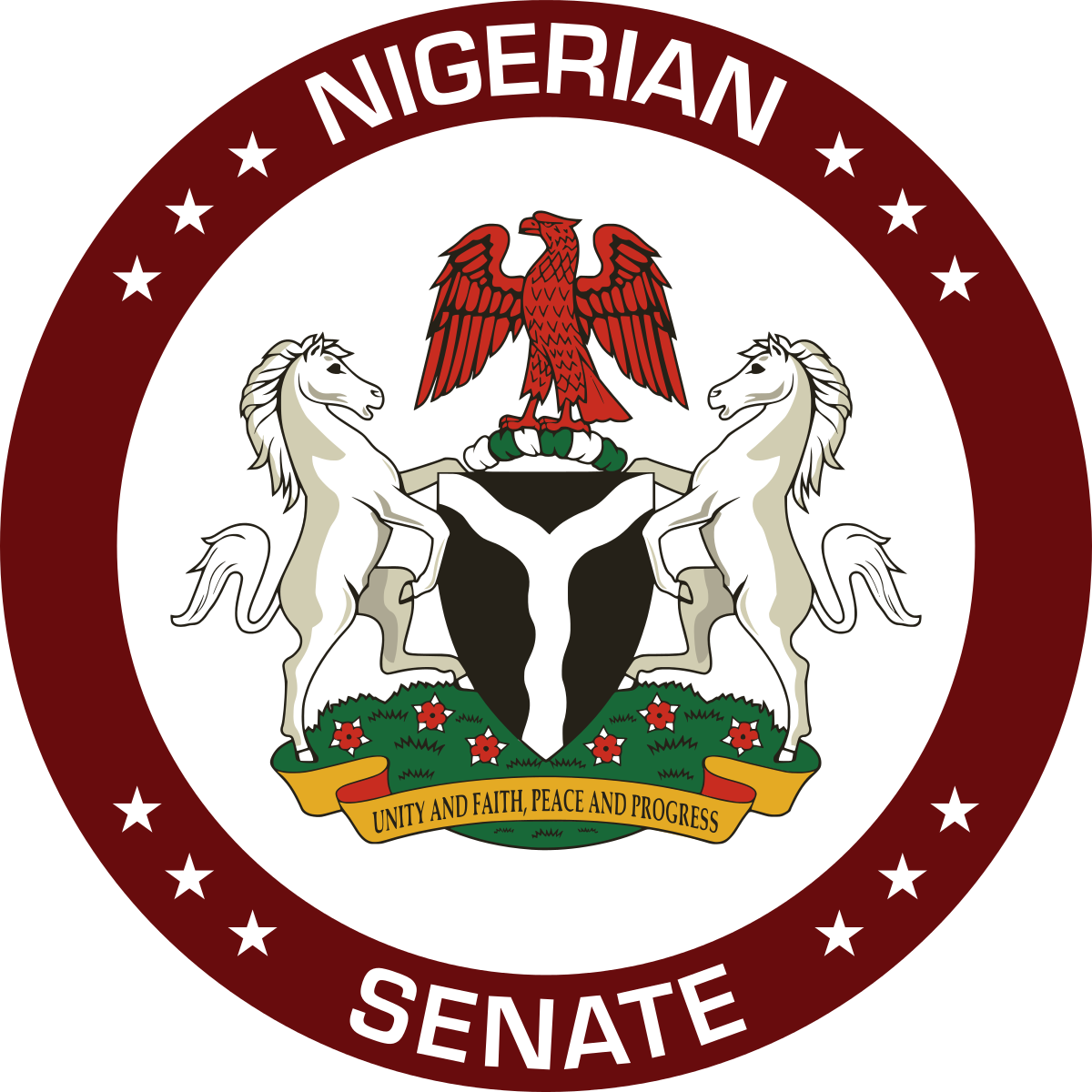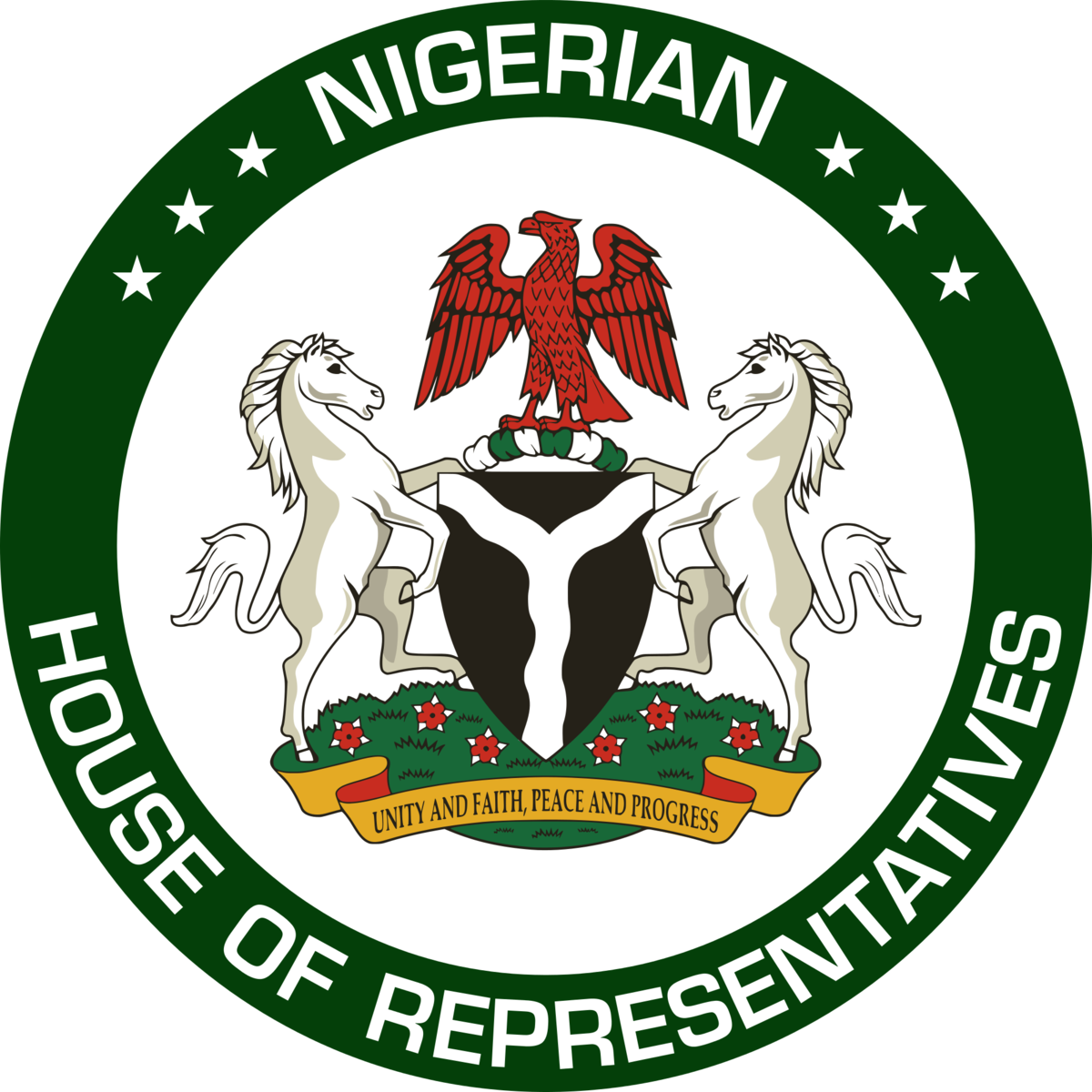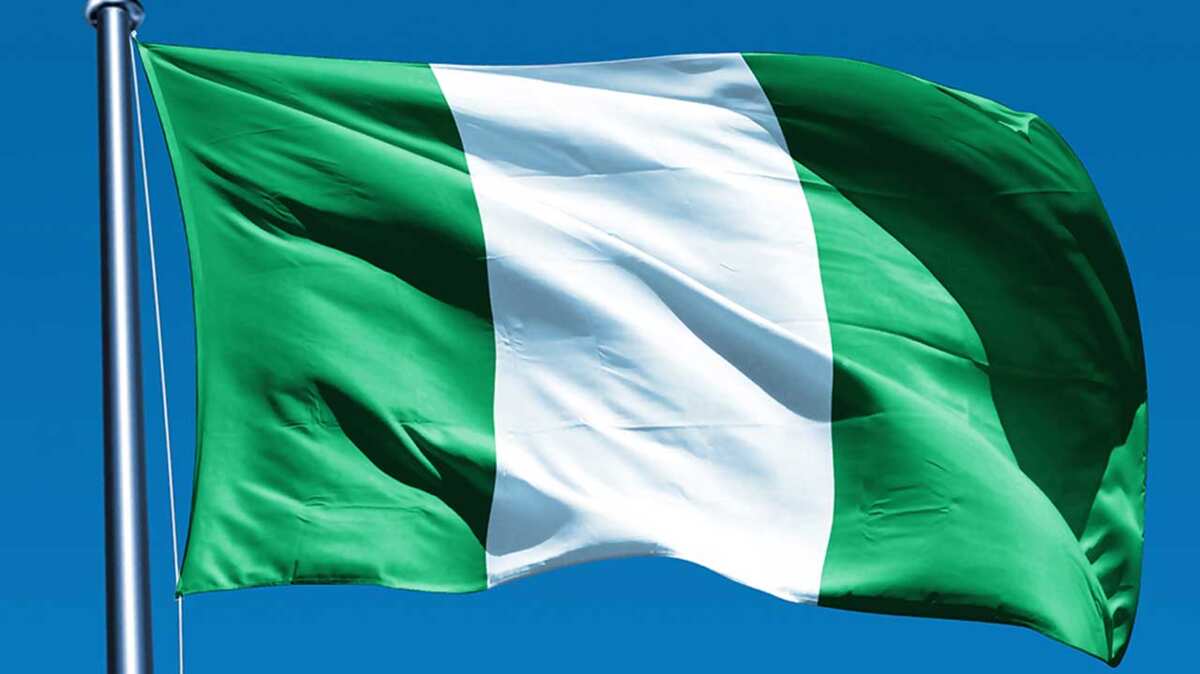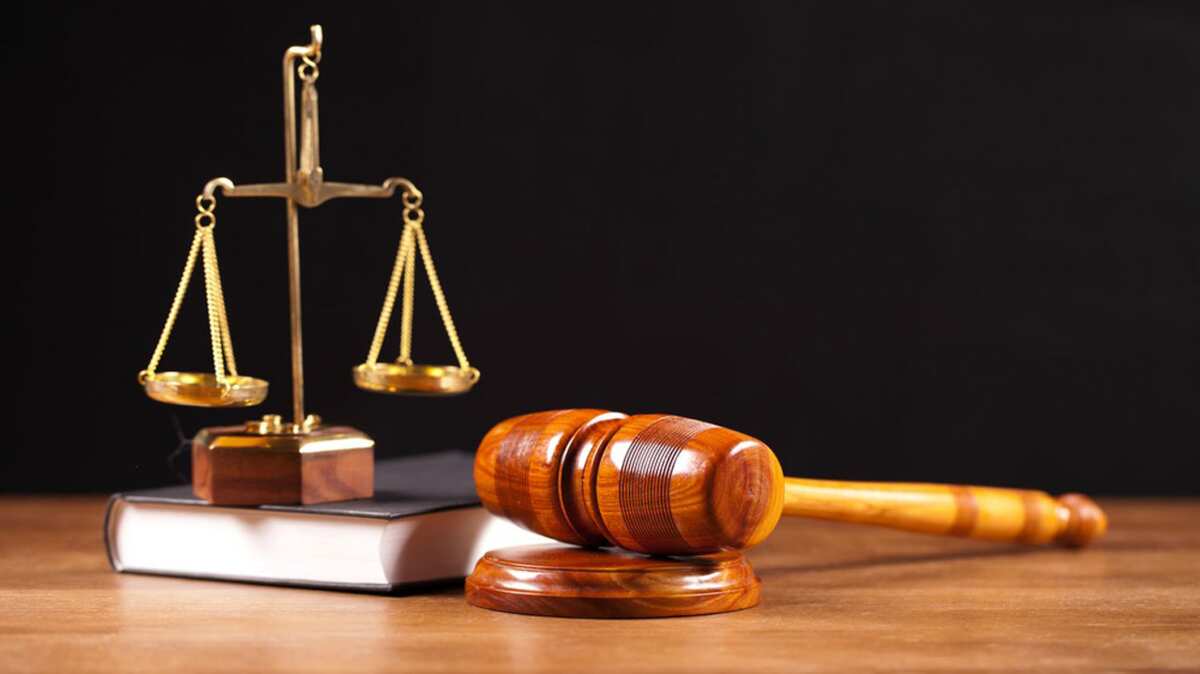There are three main branches of Nigerian government, and each one has its duties and functions, which are to keep Nigeria strong and let it develop in the best way possible. Continue reading to learn the functions of government in Nigeria.

Photo: commons.wikimedia.org
Source: Depositphotos
Functions of the legislative arm of government in Nigeria
The National Assembly is Nigeria's major authority organ, the primary function, and responsibility of which is to produce laws as it is stated in the first chapter, the fourth section of the Nigerian Constitution adopted in the year 1999. The Senate is one of the bodies from the Nigerian bicameral parliament.
The Constitution has delegated to the Senate the authority to produce and establish laws for the harmony, peacefulness and sound management of Nigeria. The Senate also possesses sufficient overlooking functions and is consequently authorized to institute organizations made up of their representatives to examine bills and the administration of government establishments.

Photo: en.wikipedia.org
Source: Depositphotos
As well as the Senate, the House of Representatives, the second administrative body of the Nigerian parliament, holds competent overlooking functions and responsibilities.

Photo: en.wikipedia.org
Source: Depositphotos
READ ALSO: The three arms of government in Nigeria and their functions
Also, according to the powers delegated by the Nigerian Constitution, the House of Representatives is allowed to legislate on provisions in the exclusive and concurrent list.
Functions of executive arm of government in Nigeria
The executive branch of the Nigerian government is comprised of 24 ministries, namely:
- Ministry of Niger Delta;
- Federal Ministry of Health;
- Federal Ministry of Justice;
- Federal Ministry of Interior;
- Federal Ministry of Defence;
- Federal Ministry of Finance;
- Federal Ministry of Education;
- Federal Ministry of Environment;
- Federal Ministry of Solid Minerals;
- Federal Ministry of Women Affairs;
- Federal Ministry of Foreign Affairs;
- Federal Ministry of Transportation;

Photo: tukesquest.com
Source: Depositphotos
- Federal Ministry of Communication;
- Federal Ministry of Water Resources;
- Federal Ministry of Youth and Sports;
- Federal Capital Territory Administration;
- Federal Ministry of Petroleum Resources;
- Federal Ministry of Science & Technology;
- Federal Ministry of Information and Culture;
- Federal Ministry of Labour and Employment;
- Federal Ministry of Power, Works and Housing;
- Federal Ministry of Budget and National Planning;
- Federal Ministry of Industry, Trade and Investment;
- Federal Ministry of Agriculture and Rural Development.

Photo: leadership.ng
Source: Depositphotos
READ ALSO: Structure and functions of local government in Nigeria
Each of these ministries is responsible for their unique functions of government in Nigeria. All of them are aimed to build a better future for Nigeria and its population, including all the aspects of life as maintaining and developing technologies and IT sphere in the whole, promote a healthy and clean environment, fight for citizens rights, provide future generations with a high-quality education and working place, etc.
Functions of the National Judicial Council
The National Judicial Council is the Nigerian official organ established according to the 153rd part of the Nigerian Constitution adopted in the year 1999, and it is the highest body for the implementation of the judiciary system processes.
The National Judicial Council was constituted for the replacement of the previous judiciary body of Nigeria, named the Advisory Judicial Committee and the Council was delegated authority both of the former institution and new one, which made it even more powerful. Among functions of state government in Nigeria, which Judiciary organ is responsible for, there are:

Photo: iascurrent.com
Source: Depositphotos
- Prescribing and advising the candidates that shall be admitted for or removed from the positions from the various offices and institutions of all the Nigerian courts to the President;
- Prescribing and advising applicants that should be accepted for or displaced from the positions from the different Nigerian court offices to the governors;
- Collecting, controlling and disbursing all the financial resources related to the judiciary;
- Advise the President and governors concerning all the cases that are related to the judicial matters as it can be referred to the Council by the President or the governors;
- Appointing, dismissing and exercising disciplinary restriction above representatives and personnel of the Council;
- Controlling and disbursing all financial resources such as capitals and recurrent budgets for the assistance of the Council;
- Dealing with different subjects correlating to apparent concerns of system organization and management.
So, these were the main aspects of the functions, which the Nigerian government and its legislative, executive and judiciary branches fulfill.
READ ALSO: Nigerian Government structure
Source: nigeria.gov.ng
Source: Legit.ng
from Nigeria News today & Breaking Naija news ▷ Read on LEGIT.NG 24/7 http://bit.ly/2STAIno
via EDUPEDIA24/7
Comments
Post a Comment